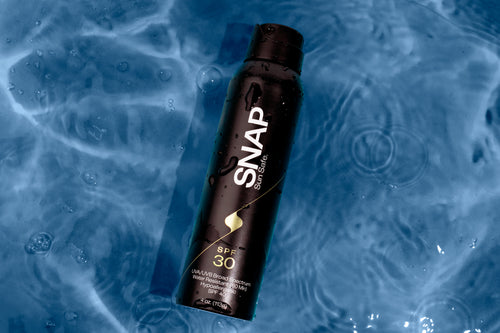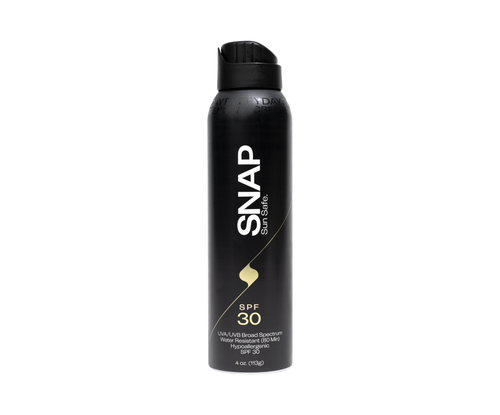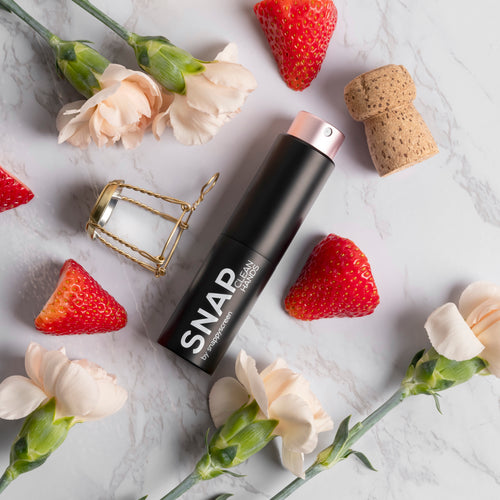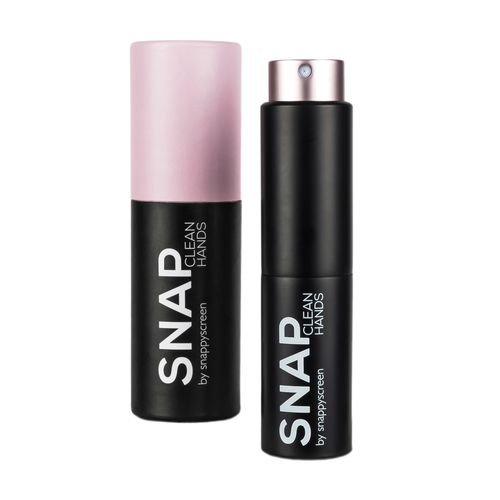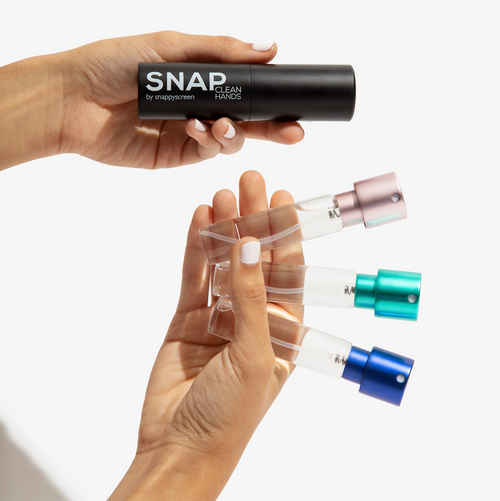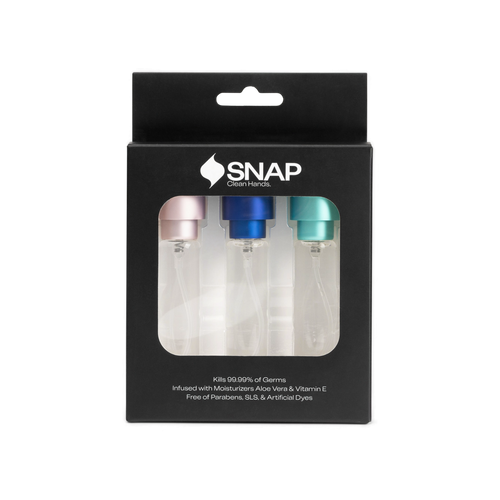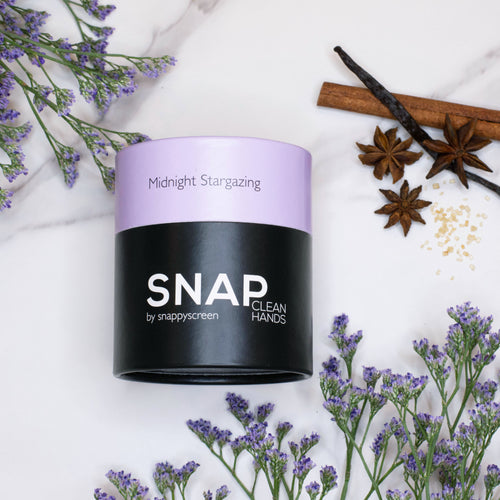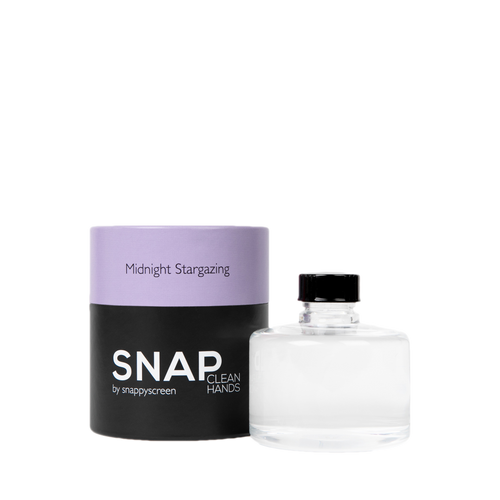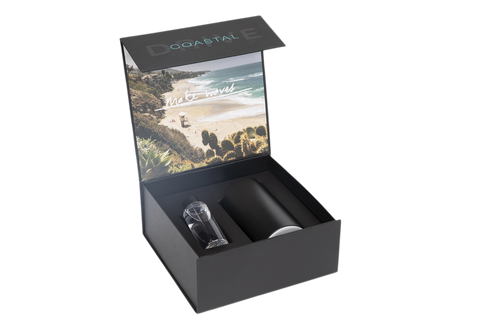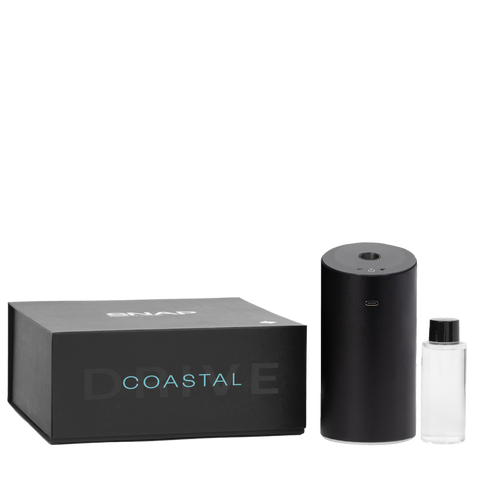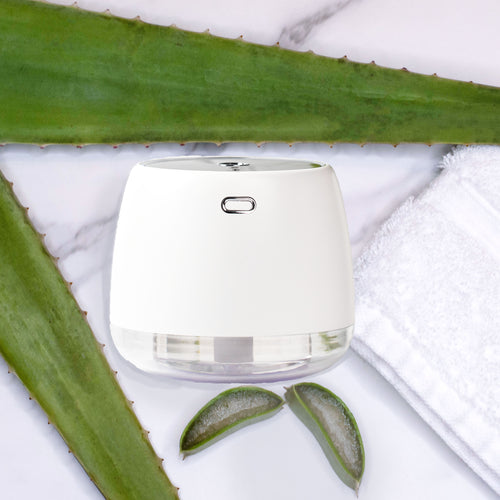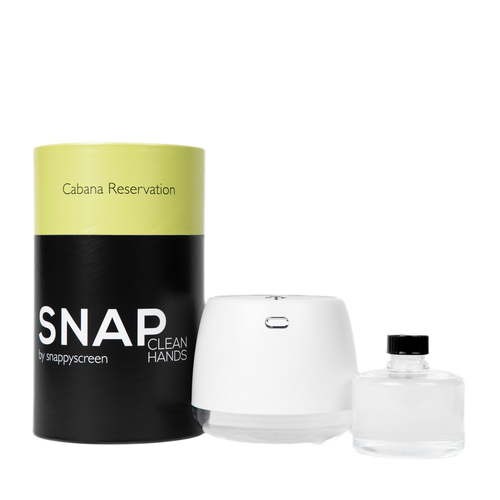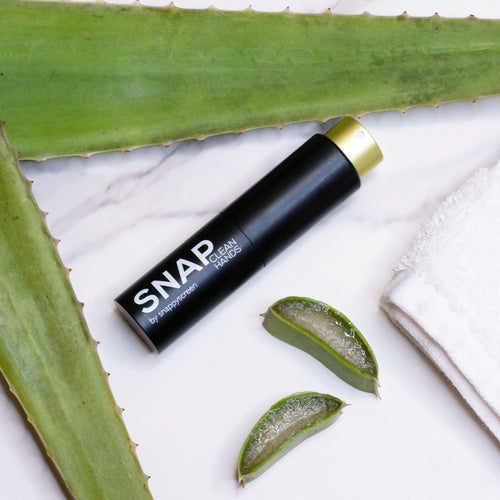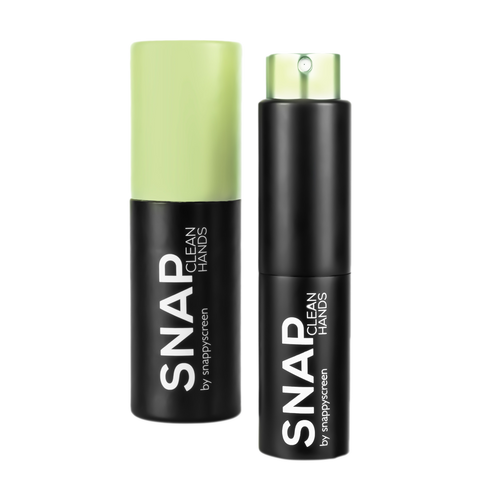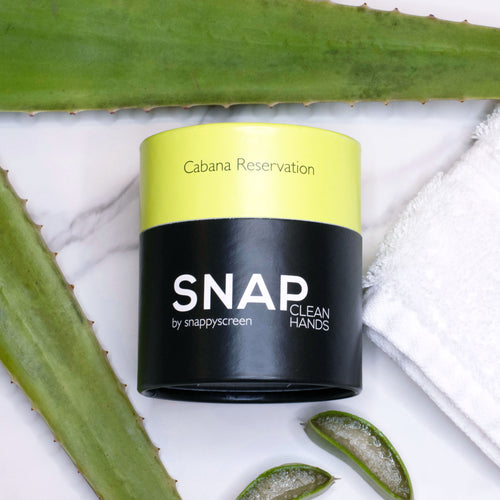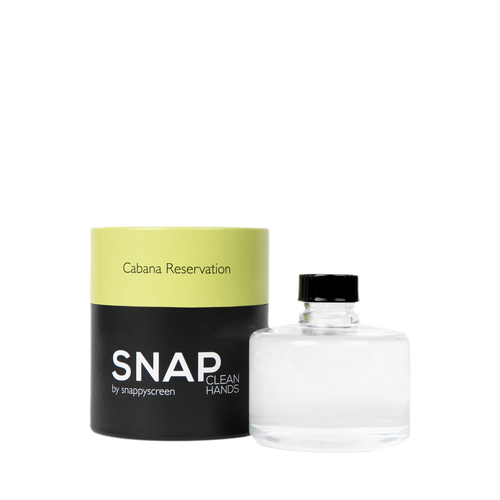“All-natural” product claims can be extremely misleading because there’s actually no official government organization that endorses the term, much less pinpoints a specific definition for it. This means that when something claims to be “natural,” it’s purely marketing.
That being said, many brands will go through third parties (ECOCERT, for example) to get a special certification to be able to call themselves “all-natural.”
You’re probably wondering how these types of organizations define the phrase in these instances, and here’s how… They claim that it means that no single ingredient in the product itself was made in a lab. But when it comes to sunscreen, here’s the truth: all SPF – including 100% mineral SPF – is produced synthetically in a lab. This is to ensure that the materials don’t contain any impurities or traces of hazardous materials…and that the formulation lives up to its protection claims. So if we’re going by this definition of “natural” that many companies adhere to, then no sunscreens can be considered natural.
The Test Post

Just because a third party has deemed something “all-natural” doesn’t mean that it’s actually good for you. Plenty of ingredients that aren’t made in a lab are unsafe – take poison ivy, for example! Other things that are “all-natural” can be unethically sourced, toxic and even ineffective – none of which are good things, especially when it comes to sunscreen.
When it comes to SPF ingredients, we really believe that there are two types out there: good, safe, effective ones and bad, harmful, ineffective ones. Our goal is to always use the former, never the latter.
When you see the word “organic,” your mind probably drifts to healthy fruits and veggies that have been grown without the aid of chemically-formulated fertilizers, growth stimulants or pesticides. But when it comes to skincare, it’s a whole different ball game.
In chemistry speak, the term “organic” refers to any chemical compound that contains carbon (all life on earth is carbon-based, BTW). Chemical sunscreen also falls into this bucket – in fact, chemists will commonly refer to chemical SPF as “organic SPF,” as all chemical SPF contains carbon in their molecular composition. So in the scientific sense, all chemical sunscreen actually is “organic sunscreen” if you’re adhering to the chemists’ definition of it. On the flip side, mineral SPF is actually known as “inorganic SPF,” as these sunscreen actives do not contain any carbon molecules.
But regardless of what you associate with “organic” (be it healthy fruits and veggies or carbon molecules), the FDA actually doesn’t regulate it as a proper way to describe any personal care or beauty products. So that’s that.







